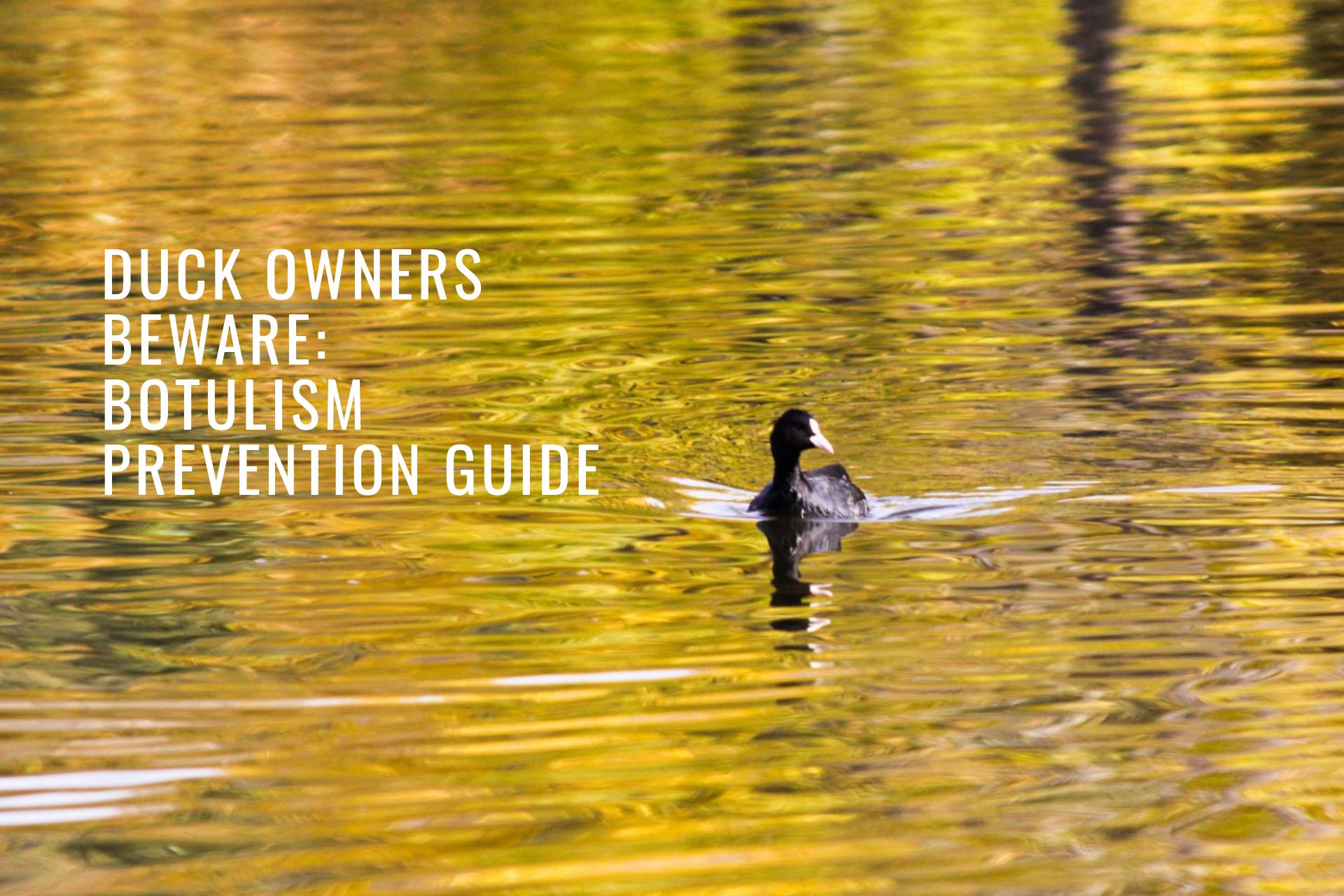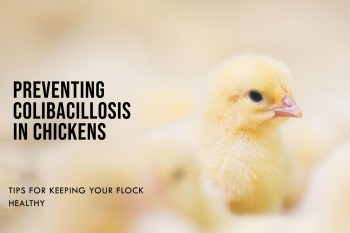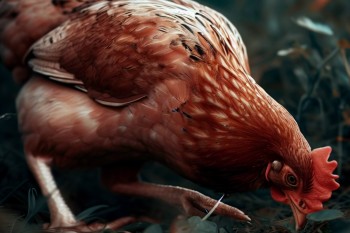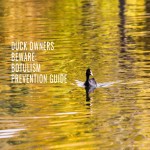Botulism is a serious and often fatal illness that can affect ducks, posing significant risks to their health and well-being. This illness is caused by a potent toxin that attacks the nervous system, leading to paralysis and, if left untreated, death. The culprit behind this deadly toxin is a bacterium known as Clostridium botulinum. Understanding the signs of botulism, taking swift action, and implementing preventive measures are crucial for ensuring the safety of your ducks.
What is Botulism?
Botulism is a neuroparalytic illness caused by the ingestion of toxins produced by Clostridium botulinum, a bacterium commonly found in stagnant water and decaying organic matter. This toxin is one of the most potent known, and even small amounts can be deadly. Ducks are particularly susceptible to botulism due to their frequent exposure to water and wet environments where these bacteria can thrive.
Recognizing the Signs of Botulism in Ducks
Early recognition of botulism symptoms is vital for the survival of affected ducks. One of the first signs to watch for is weakness. Ducks may have difficulty walking or swimming and may appear unsteady on their feet. This weakness is a direct result of the toxin affecting the muscles. As the toxin spreads through the body, paralysis sets in, often starting in the legs and wings before progressing to the neck and respiratory system.
One of the most characteristic signs of botulism is limber neck. This condition occurs when the muscles in the duck's neck become so weak that the bird can no longer hold its head up, causing it to droop down or even rest on the back. Limber neck is a severe symptom that requires immediate attention, as it indicates a significant progression of the illness.
Other signs of botulism include:
- Watery diarrhea: Ducks may excrete watery feces, a common sign of distress.
- Excessive drooling: Affected ducks might drool more than usual due to difficulty swallowing.
- Watery or drooping eyes: The toxin can also affect the eyes, leading to drooping eyelids or watery eyes.
- Breathing difficulties: As the paralysis spreads, ducks may struggle to breathe, a critical condition that can quickly lead to death.
Acting Quickly: The Key to Saving Ducks
If you suspect your duck has botulism, immediate action is essential. The faster you seek veterinary care, the better the chances of survival. Don’t wait for symptoms to worsen—contact your vet immediately. Quick intervention can prevent the toxin from causing further damage and increase the likelihood of a full recovery.
Veterinary Care: Expert Help is Vital
Veterinarians play a crucial role in diagnosing and treating botulism in ducks. Upon suspecting botulism, your veterinarian may perform tests to confirm the diagnosis and determine the best course of treatment. Be prepared to provide detailed information about your duck's symptoms and recent environment, as this will aid in a quick and accurate diagnosis.
Treatment: The Role of Antitoxins
The primary treatment for botulism is the administration of an antitoxin. This medication works by neutralizing the botulism toxin in the duck's body, preventing it from causing further harm. The effectiveness of the antitoxin is greatest when it is administered early in the course of the illness. Your veterinarian will determine the appropriate dosage and method of administration based on the severity of the symptoms and the overall health of your duck.
Supportive Care: Nursing Ducks Back to Health
Recovering from botulism is a delicate process that requires comprehensive supportive care. In addition to antitoxins, ducks need fluid therapy to prevent dehydration, which is a common complication in sick birds. Maintaining hydration is crucial for their overall health and recovery.
Nutritional support is another critical aspect of care. If your duck is having trouble eating, hand-feeding or providing a special diet rich in vitamins and minerals may be necessary to ensure it receives the nutrients needed to regain strength and boost its immune system.
Keeping the duck’s environment clean and comfortable is equally important. A clean enclosure helps prevent infections and provides a stress-free space for the duck to rest and heal. Regular cleaning, providing soft bedding, and ensuring a peaceful environment can significantly aid in the recovery process.
Preventing Botulism: Keeping Ducks Safe
Preventing botulism is always better than curing it. The key to prevention lies in maintaining a clean and healthy environment for your ducks. Here are some essential steps to protect your ducks from botulism:
- Provide fresh, clean water daily: Regularly change the water in your duck’s habitat to prevent the growth of harmful bacteria.
- Clean waterers and feeders regularly: This helps prevent the accumulation of bacteria and other contaminants.
- Avoid stagnant water: Ducks should not have access to stagnant water, which is a breeding ground for Clostridium botulinum.
- Prevent overcrowding: Overcrowding can lead to contaminated water and increased stress, both of which can make ducks more susceptible to illness.
Stagnant Water: A Breeding Ground for Danger
Stagnant water is not just unsightly; it poses significant risks to wildlife, particularly ducks. When water remains undisturbed for long periods, it creates an ideal environment for harmful bacteria and toxins, including those produced by Clostridium botulinum. Ducks are especially vulnerable because they frequently come into contact with these contaminated water sources.
To prevent botulism, avoid allowing ducks to drink from or swim in stagnant water. Regularly change the water in their habitats and ensure proper drainage to prevent the formation of stagnant pools. These precautions can significantly reduce the risk of botulism and other waterborne diseases.
Conclusion: Protecting Our Feathered Friends
Ducks are an integral part of our ecosystem, contributing to the beauty and biodiversity of our natural surroundings. However, they face numerous threats, one of the most serious being botulism. This deadly disease, caused by the toxins produced by Clostridium botulinum, can spread rapidly among duck populations, leading to severe health issues and death if not addressed promptly.
Recognizing the symptoms of botulism, such as drooping heads, weakness, and inability to fly, is crucial for early intervention. Immediate veterinary care is essential for the treatment and recovery of affected ducks. By understanding the causes of botulism and taking preventive measures, we can protect our feathered friends from this deadly illness.
Maintaining a clean environment, providing fresh water, and supporting wildlife conservation efforts are all vital steps in creating a safe and nurturing habitat for ducks. Together, we can ensure that these beautiful birds continue to grace our natural landscapes for generations to come.
Let’s cherish and protect the ducks that bring so much joy and wonder to our world. By working together, we can make a difference and ensure a brighter future for our feathered friends.















